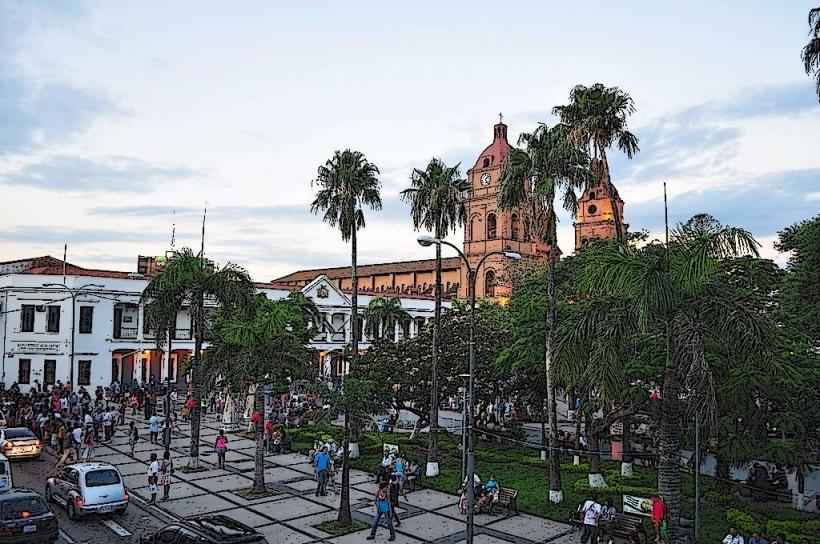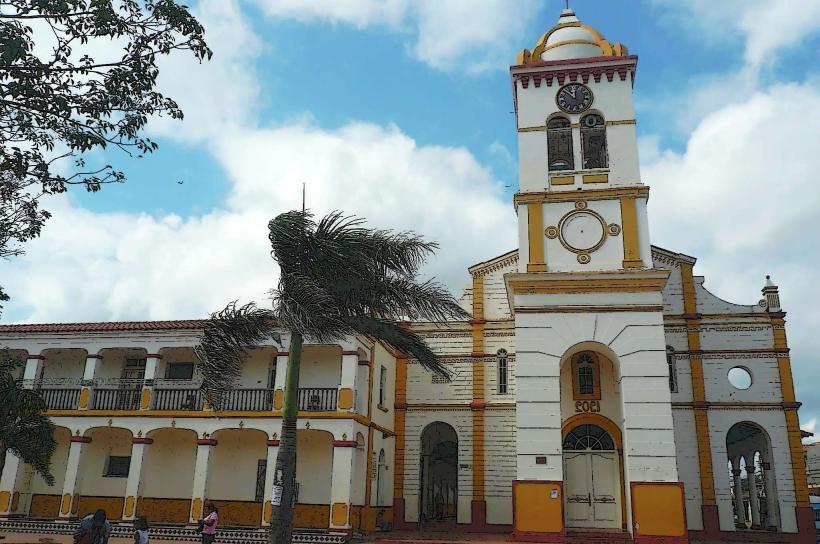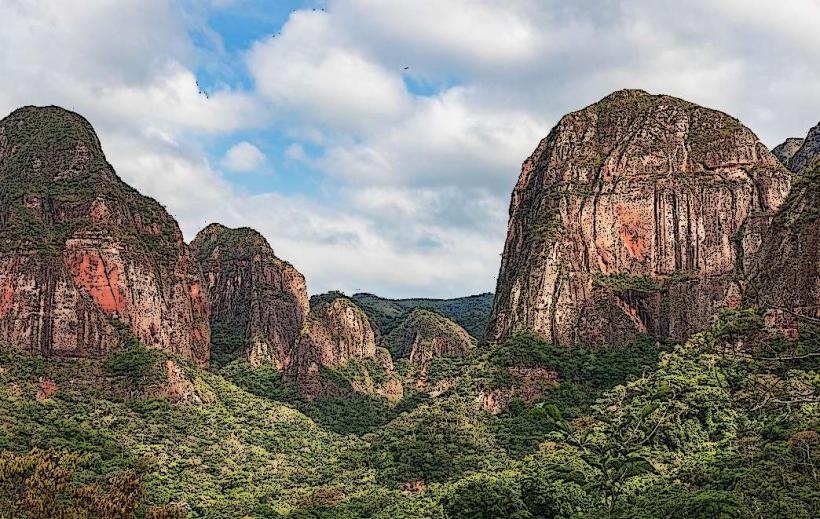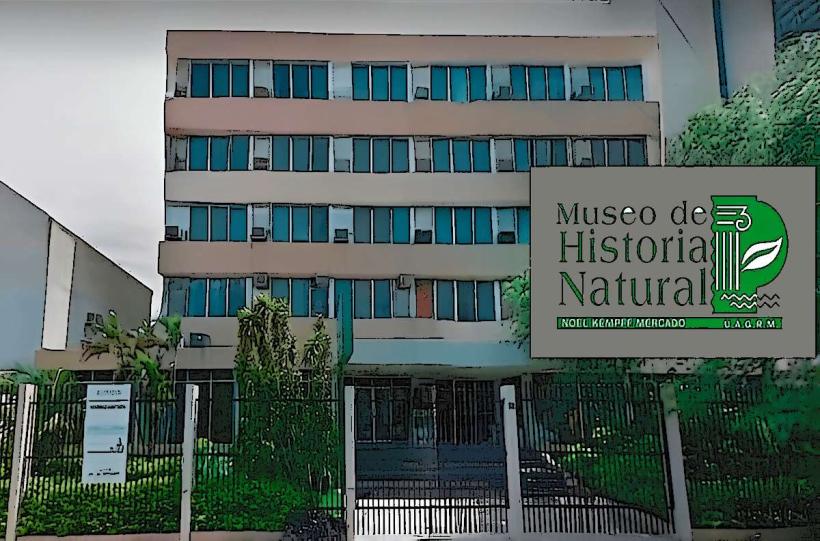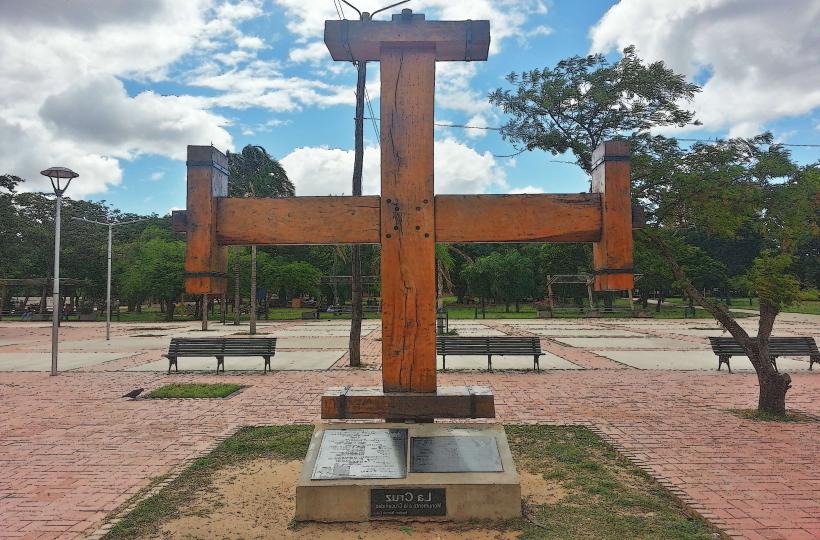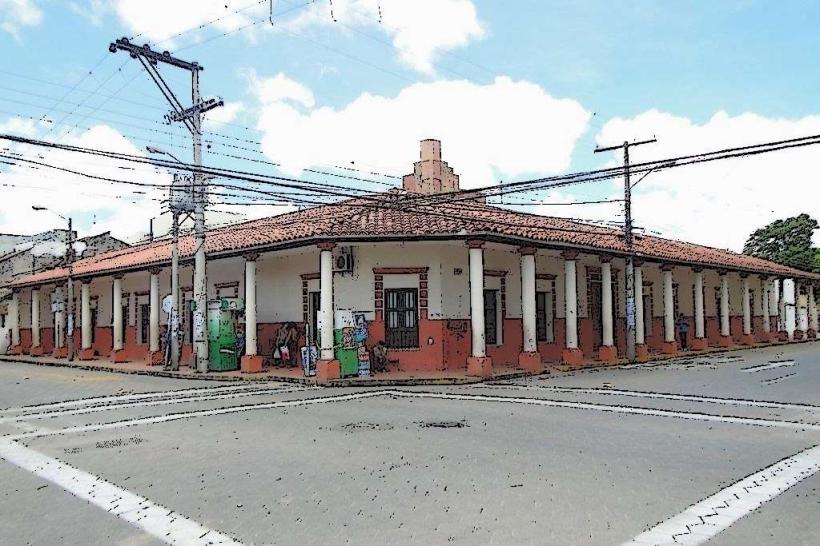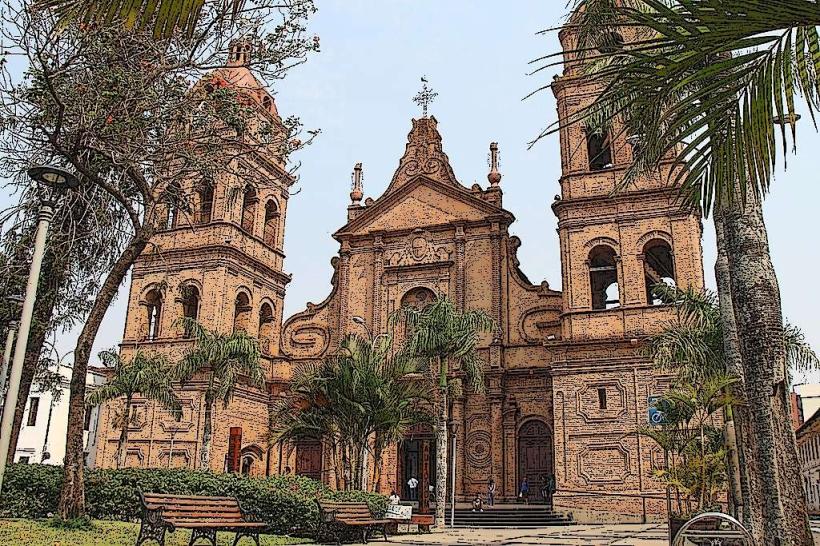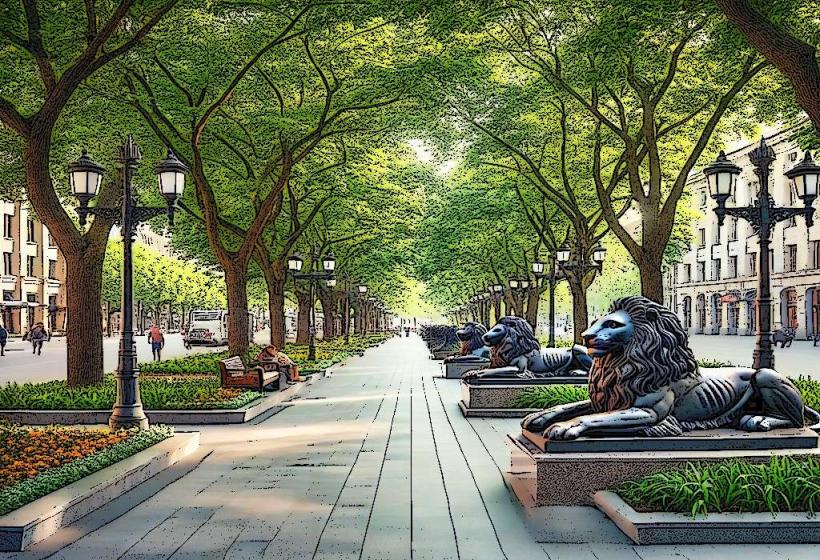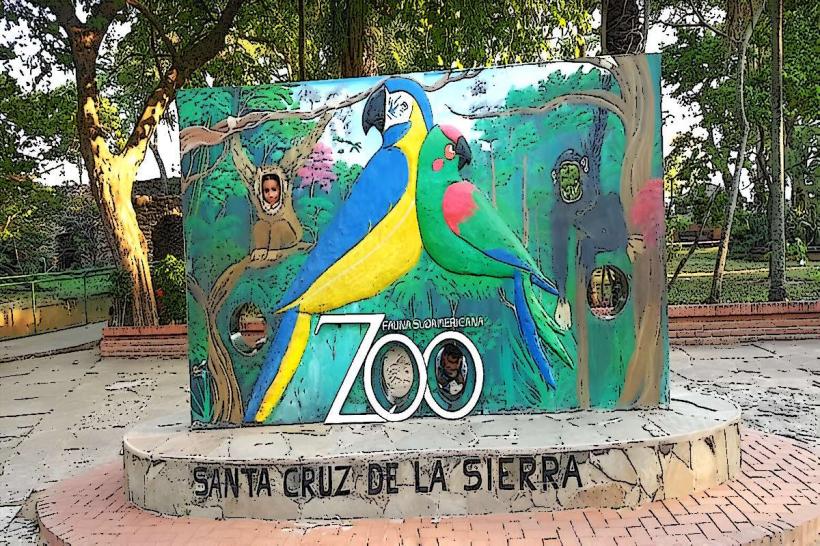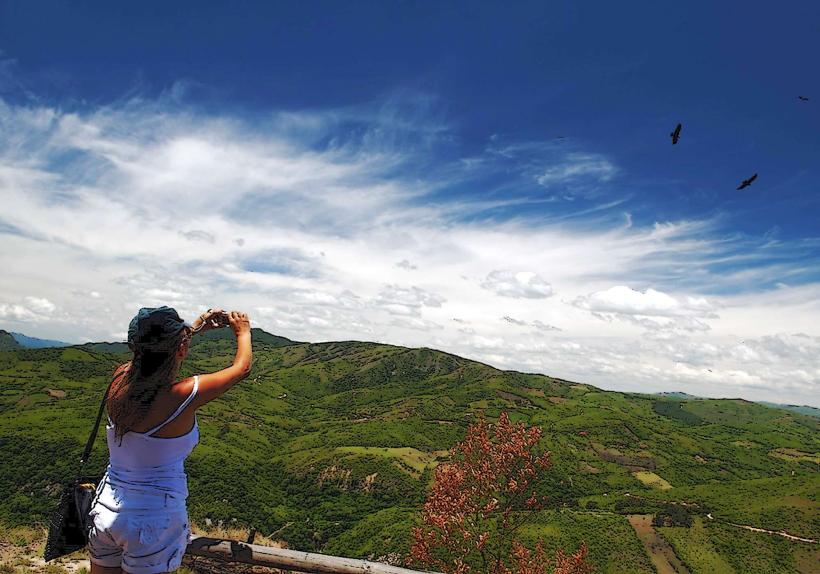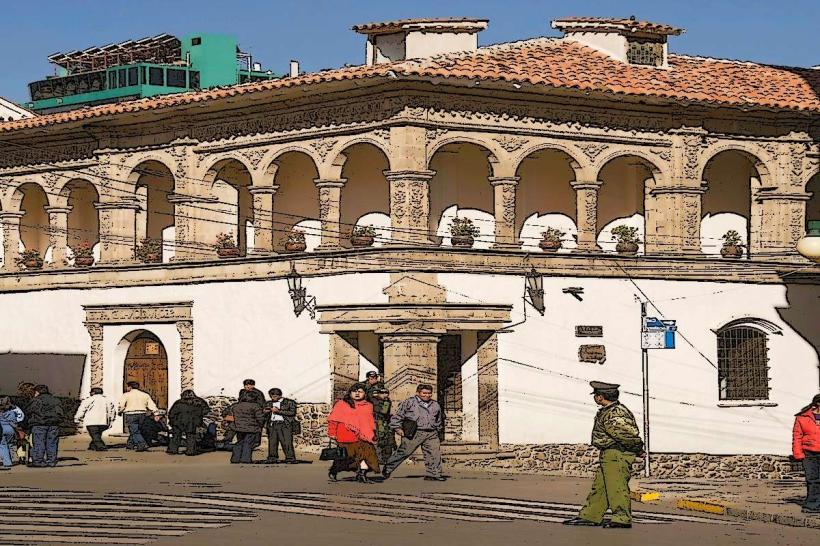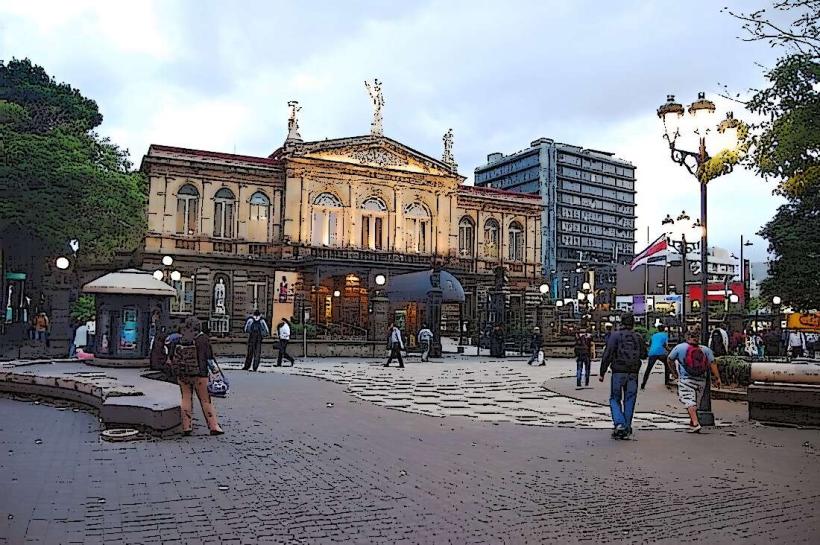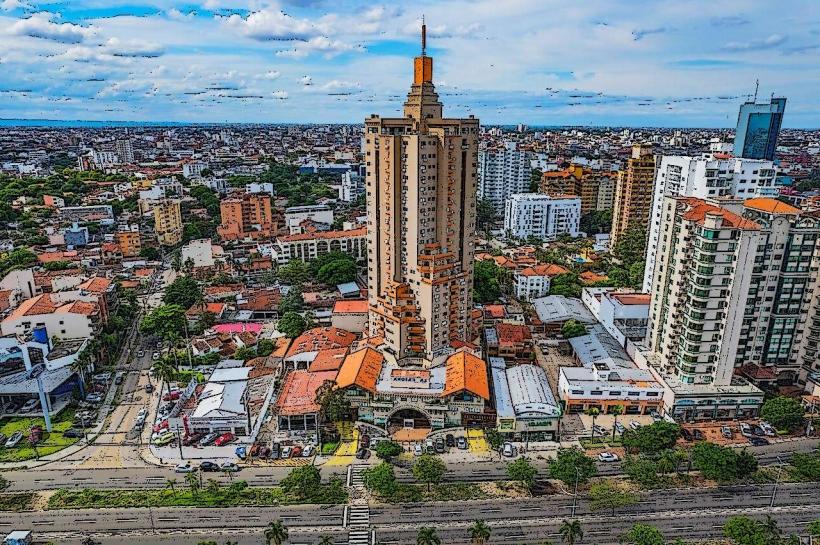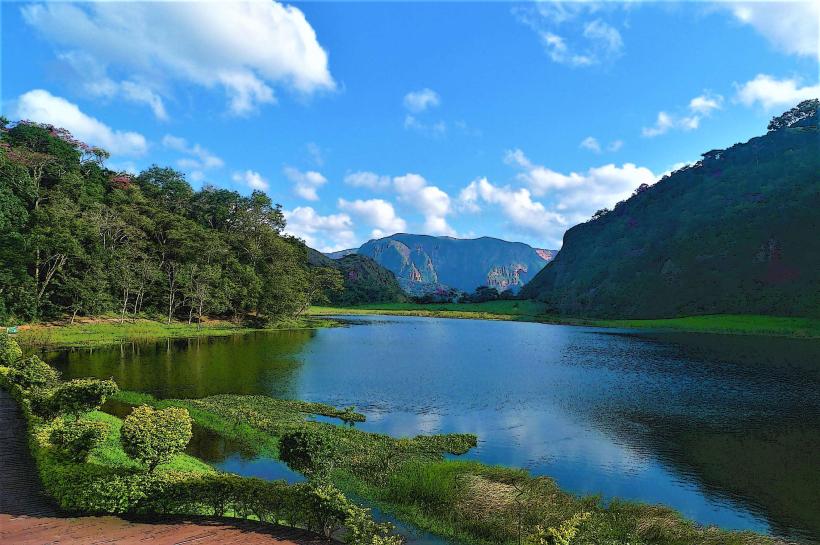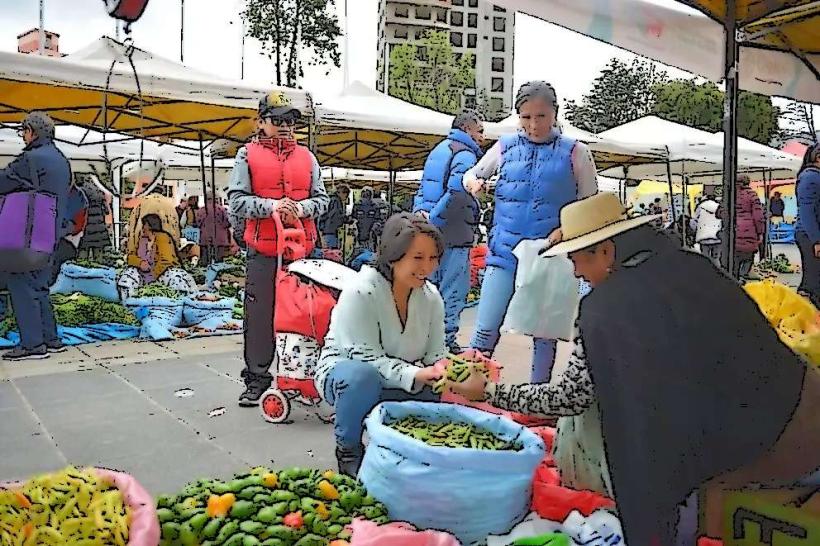Information
Landmark: Museo GuaraníCity: Santa Cruz de la Sierra
Country: Bolivia
Continent: South America
Museo Guaraní, Santa Cruz de la Sierra, Bolivia, South America
Museo Guaraní is a museum located in Santa Cruz de la Sierra, Bolivia, dedicated to preserving and showcasing the culture, history, and traditions of the Guaraní people, one of the indigenous groups of Bolivia. The museum offers a fascinating insight into the Guaraní heritage, their way of life, and their contribution to Bolivia’s cultural mosaic.
Historical and Cultural Context
The Guaraní people have a long history in South America, with their roots tracing back to the Chaco region, which spans parts of Bolivia, Paraguay, Argentina, and Brazil. Historically, the Guaraní have been agriculturists, hunters, and fishermen, known for their skills in farming and their rich oral traditions. The Museo Guaraní is dedicated to preserving and sharing their traditions, languages, and beliefs.
Key Exhibits and Collections
1. Traditional Artifacts
The museum houses a wide variety of traditional Guaraní artifacts. This includes woven textiles, clothing, tools, ceramics, and weapons. These objects showcase the resourcefulness and craftsmanship of the Guaraní people. Visitors can learn about the materials used to make these items, the techniques employed, and how they were used in everyday life.
2. Cultural and Religious Items
The Guaraní religion and spirituality are important aspects of the museum’s exhibits. The museum showcases items related to rituals and ceremonies, such as masks, sacred objects, and ceremonial paraphernalia. Visitors can gain insight into how the Guaraní people worshiped nature, their gods, and how their spiritual beliefs are woven into their daily life.
3. Guaraní Language and Literature
The museum features information on the Guaraní language, which remains one of the most widely spoken indigenous languages in Bolivia. There are sections dedicated to the linguistic history and literary works of the Guaraní people, including oral literature, myths, and stories passed down through generations. This part of the museum helps to highlight the importance of language in maintaining cultural identity.
4. Guaraní Art and Crafts
Guaraní art plays an essential role in their cultural expression. The museum displays examples of paintings, sculptures, and traditional crafts made by Guaraní artists. The vibrant colors and symbolic motifs in their artwork reflect their connection to nature and their worldview.
5. Historical Context and Social Life
The museum also educates visitors on the historical relationship between the Guaraní people and the surrounding societies, including their encounters with Spanish colonizers and the subsequent impact on their communities. There are exhibits detailing the Guaraní people's resilience and efforts to preserve their culture in the face of external pressures.
Educational Programs and Workshops
The Museo Guaraní offers various educational programs, including workshops, lectures, and guided tours that help deepen understanding of the Guaraní culture. These programs are particularly beneficial for students, researchers, and tourists interested in indigenous history.
The museum sometimes hosts events and cultural performances, such as traditional dances, music, and storytelling, which give visitors a firsthand experience of Guaraní traditions.
Accessibility and Visiting
The Museo Guaraní is located in Santa Cruz de la Sierra and is easily accessible from the city center. It is open to the public and typically operates on regular hours during the week, although it is always recommended to check for updates on specific visiting times.
Visitors can expect to see an informative and immersive experience. Whether you are a history enthusiast, cultural explorer, or someone with an interest in indigenous communities, the Museo Guaraní provides an enriching experience into the heart of Guaraní culture.
Conclusion
The Museo Guaraní serves as an important cultural space in Santa Cruz de la Sierra, preserving and promoting the rich traditions and history of the Guaraní people. Through its diverse exhibits and educational initiatives, it fosters a deeper appreciation for Bolivia's indigenous cultures, providing both local and international visitors with the chance to learn more about this resilient and vibrant community.

